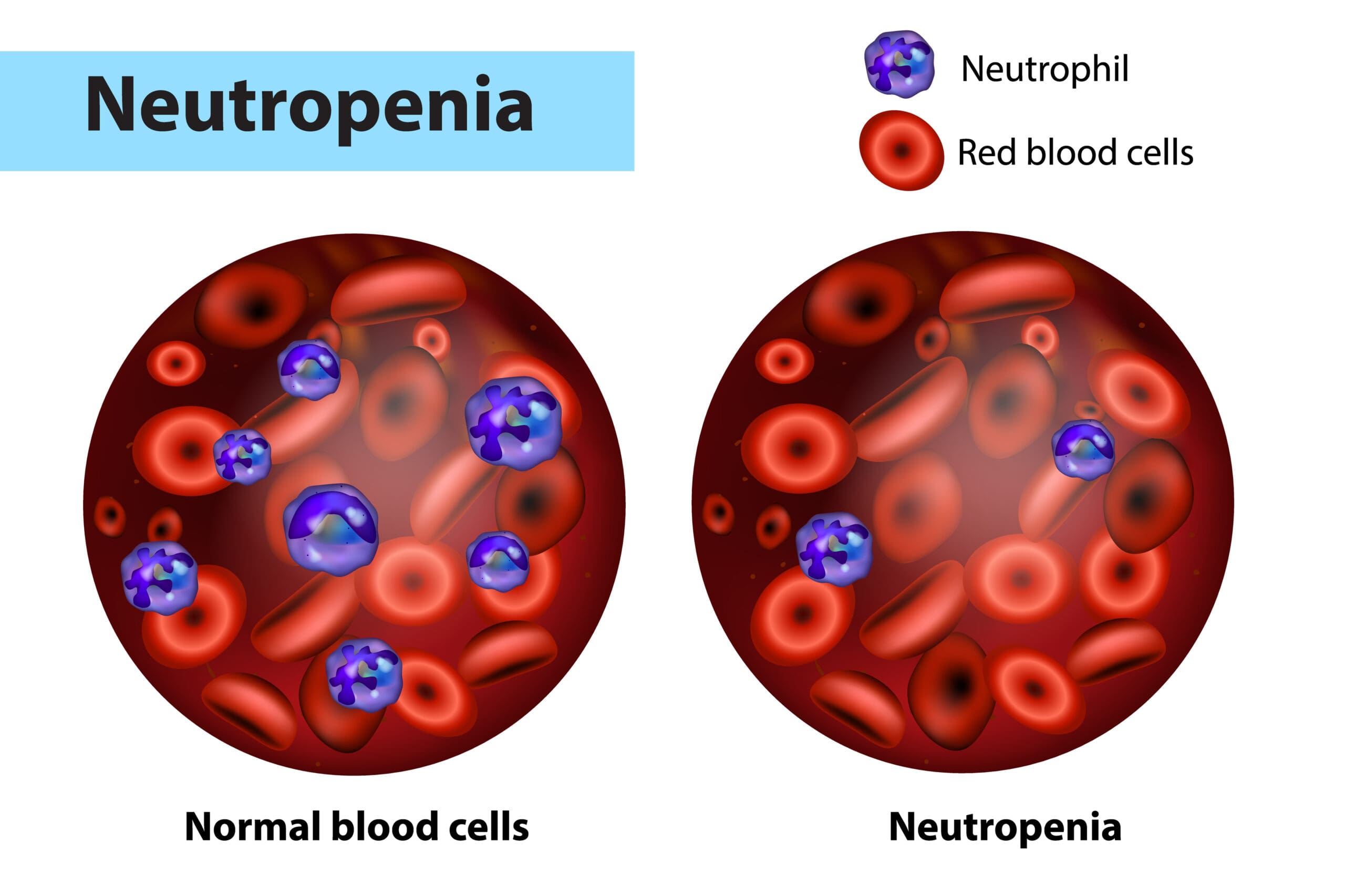Multiple sclerosis linked to common viral infection
By naturopath Margaret Jasinska
New research has strongly linked Epstein-Barr virus which causes glandular fever with multiple sclerosis. In fact, the study authors went so far as to say the virus may be the leading cause of multiple sclerosis. The risk of multiple sclerosis increased 32 fold after glandular fever, but not after other viral infections studied in a group of MS patients.
Interestingly, almost everyone has had glandular fever, but most people recover and don’t go on to develop multiple sclerosis. That means it’s your immune response to the virus that matters. People with a weak immune system who are unable to fight the virus robustly end up with a higher viral load for a longer period of time. This chronically over stimulates the immune system, which in time can lead to the development of an autoimmune disease in genetically susceptible individuals.
Autoimmune disease has become increasingly prevalent, particularly in women. The most common autoimmune diseases are Hashimoto’s thyroiditis, psoriasis, iritis, arthritis, lupus, inflammatory bowel disease, coeliac disease and Graves’ disease. Most autoimmune diseases are not fatal, but they can significantly impair quality of life, and medication typically prescribed can have unpleasant side effects.
What causes a person to develop an autoimmune condition? Several things, including genetic predisposition, poor intestinal health (leaky gut, dysbiosis and small intestinal bacterial overgrowth) and environmental triggers. An example of an environmental trigger is an infection. Infection with certain bacteria, viruses, fungi or parasites doesn’t cause an autoimmune disease directly, like a virus causes the flu. Instead, these infections are more like the straw that broke the camel’s back. They trigger the development of an autoimmune disease in a person who was at high risk of developing one already.
An infection is far more likely to trigger an autoimmune disease in a person who is nutrient deficient. Vitamin D deficiency, vitamin C deficiency, zinc and selenium deficiency are the most common culprits. Ensuring you are not deficient can reduce the risk of an infection and an autoimmune disease.
As we travel through life we are exposed to more and more infections; this, coupled with nutrient deficiencies and stress can make autoimmune disease more likely to develop as we get older. You can’t always prevent yourself from catching an infection. The types of infections linked with autoimmune disease are common infections that nearly everyone gets exposed to. It is far more important to strengthen your immune system with a healthy diet and the right nutrients in order to overcome these infections as quickly as possible.
Fortunately there is so much that can be done to improve the health of a person with autoimmune disease. For more information see our book Healing Autoimmune Disease: A plan to help your immune system and reduce inflammation.








Leave A Comment